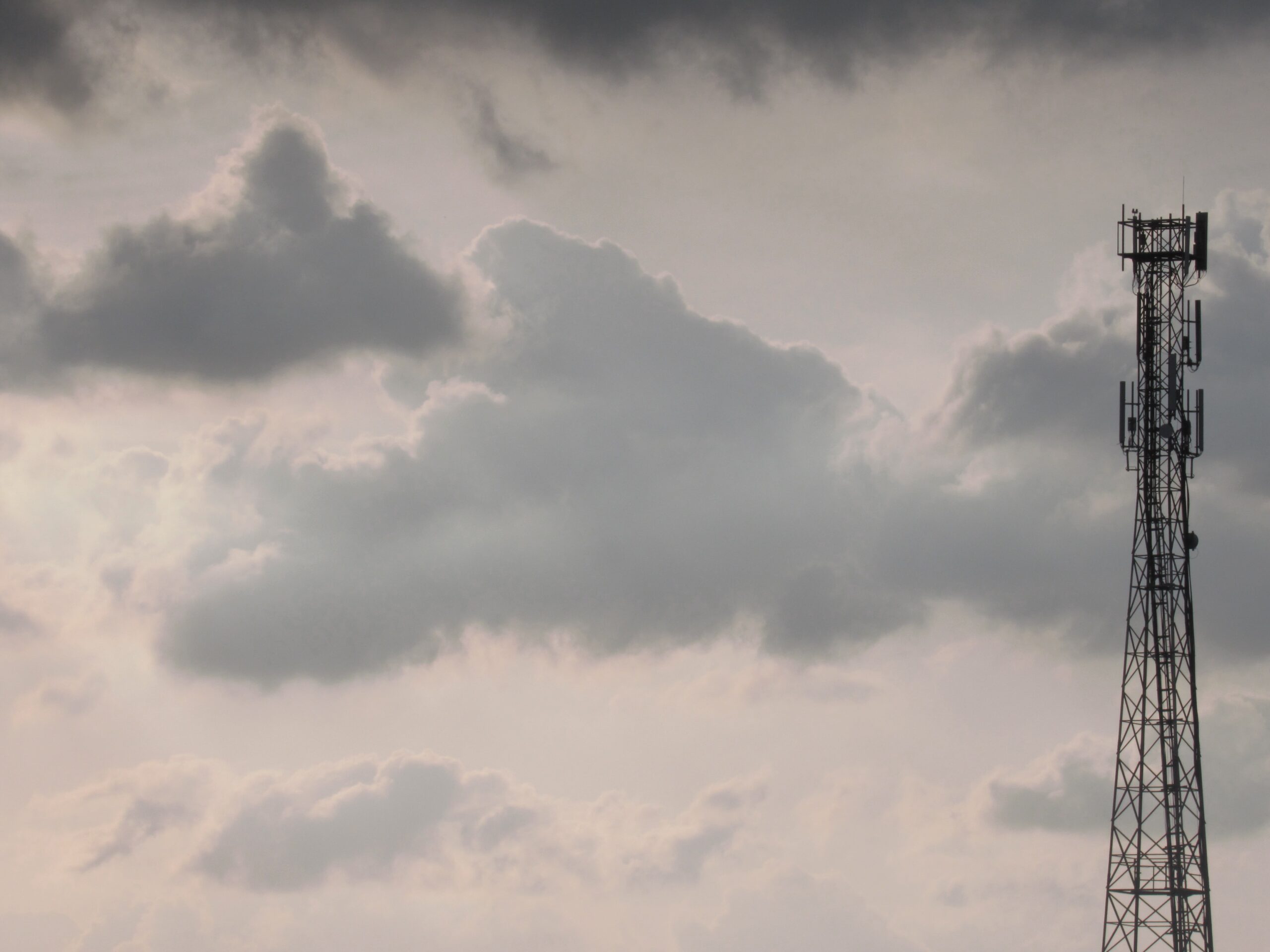Thousands remain without power, cellphone connection, or internet after the destruction of Cyclone Gabrielle.
Transpower has warned that people should be prepared to be without power for “days to weeks, rather than hours” – which could also affect how quickly internet and cell coverage comes back online.
The SMC asked experts to comment.
Dr Ulrich Speidel, Senior Lecturer, School of Computer Science, University of Auckland, comments:
Fixed line internet
“If you are on an ADSL or VDSL connection (via your phone line) and the power in your area or a neighbouring street is out: These often run out of street-side cabinets that use the same mains power as the properties in the street. When power to the cabinet goes off, a battery-based uninterruptible power supply in the cabinet will take over – for something like 24 to 48 hours. Once this is exhausted, your DSL connection will go down as well. Use it before it dies. Once it dies, expect it to stay off for a while even if power comes back on as restart of the cabinets can still be a manual process.”
Mobile data, texting, and calling
“Mobile data is an alternative to fixed line Internet but is not available with sufficient capacity everywhere. In an emergency. Stick to text and voice calls as much as possible, also text-based messenger apps, to conserve battery power both for your phone and for the cell sites. Minimise use of video calling. It’s also not a good time to hunker down with Netflix, TikTok, YouTube, Vimeo, or any other video-based application.
“When using your mobile, try to go to a place where you get a good signal: Outside, ideally within direct view of the cell site, as close to the cell site as possible (if you know where it is). The fewer walls, windows and obstacles, the better. A coarse rule of thumb: halving the distance to the cell site means using one quarter of the power, so your battery lasts a lot longer. Keep communications short. Text takes the least amount of battery power. Also, if you are running short on battery, shut down any apps you don’t need and dim your screen to the minimum brightness you need.
“Turn mobile phones off that aren’t needed: If the entire whānau are together, work out who really needs to operate their phone and who doesn’t. Phones “talk” to cell sites even if they are not actively calling / texting / surfing and this also drains batteries at both ends. If you have power but you don’t know whether your local cell site is back on mains power, and you need to use phones to keep your kids entertained, put them into airplane mode (flight mode). This helps your local cell site cope. Consider using SIM cards from two providers in a dual-SIM phone: If one network can’t provide coverage, another might.”
Wireless or satellite internet
“There are a number of providers in NZ offering such services, e.g.: Gravity (satellite), Woi (satellite), Uber NZ (terrestrial wireless, nothing to do with the rideshare company), Wireless Nation (terrestrial wireless), Farmside (terrestrial wireless) and others. If your usual provider isn’t able to help where you are, they may be able to. Expect them to be crazy busy right now, though.”
Starlink
“Starlink is a satellite service available across NZ based on an up-front hardware cost and a monthly subscription. It’s relatively easy to set up compared to other satellite services and mostly ‘plug and play’, giving you a WiFi router as part of the package. You need a spot with a relatively clear view of the southern sky or it won’t work all that well. There are also limits to the number of users Starlink can support in a given area and in some areas in NZ, this limit has been reached, and Starlink will defer orders from those areas until more capacity is available (see availability map). It is comparable in performance to a good ADSL/VDSL connection and sometimes better than that, depending on where you are and how many other users there are in your area. It will take a generator or mains power to run Starlink – it consumes about 100 W at peak.”
No conflict of interest declared
